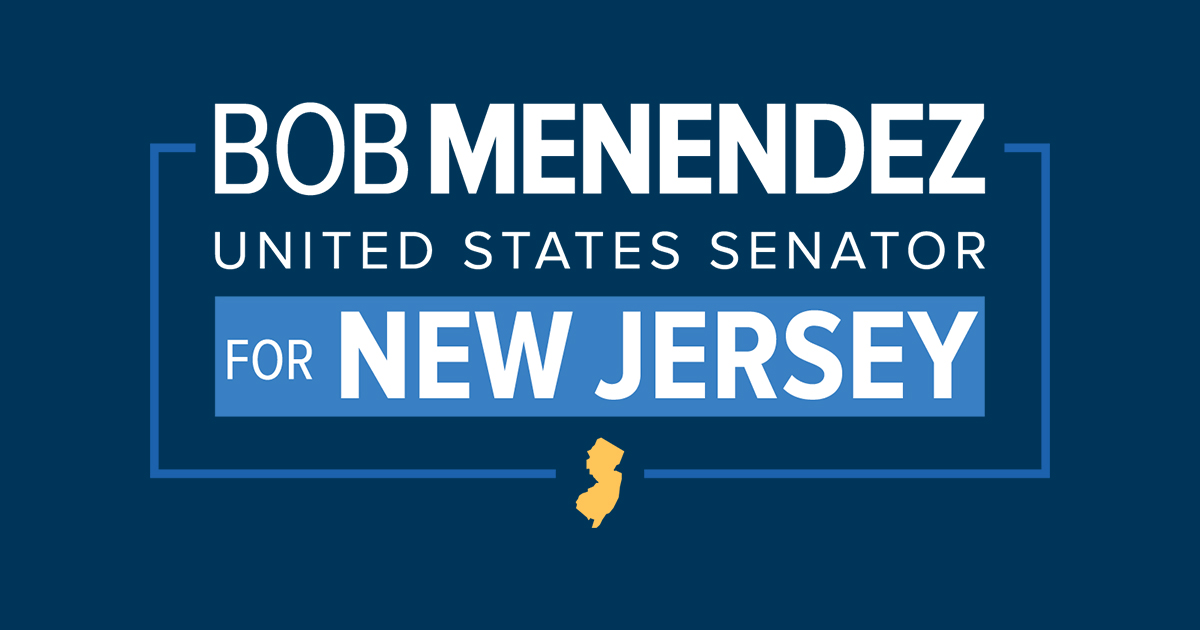Source: United States Senator for New Jersey Bob Menendez
WASHINGTON, D.C. – U.S. Senator Bob Menendez (D-N.J.), a senior member of the Senate Finance Committee, today during a hearing questioned witnesses about the impact pharmacy benefits managers (PBMs) have on the prescription drug supply chain and how their warped incentive structure drives up prices for patients and consumers. PMBs are entities that manage prescription drug benefits and pharmacy networks on behalf of health plans, employers, and other payers.
“Pharmacy benefit managers are key players in alleviating a patient’s financial burden at the pharmacy counter as they frequently set patient out-of-pocket costs based on a drug’s list price. The higher the list price, the more the patient pays, an obvious burden,” said Sen. Menendez. “Less obvious, but equally concerning, is that PBMs benefit significantly from high list prices and have no incentive to choose lower-priced drugs to drive down patient cost. PBMs extract rebates from manufacturers based on list price in exchange for a manufacturer’s drug receiving formulary placement. Those rebates are passed on to plans and employers, but almost never to patients.”
Jonathan Levitt, a Founding Partner of Frier Levitt Attorneys at Law located in Pine Brook, NJ, served as a witness during the committee hearing. He agreed with the Senator that it would be better for patients if the prescription drug supply chain was de-linked from the list price and if PBMS and other supply chain entities were paid flat fees for the services they provide.
[embedded content]
[CLICK TO WATCH THE SENATORS FULL LINE OF QUESTIONING]
Sen. Menendez emphasized how PBMs prefer prescription drugs with a higher list price versus those with a lower list price, as appears to be the case for Humira biosimilar drugs introduced into the market to treat rheumatoid arthritis, because they can obtain larger rebates. PBMs do this even though the patient would pay significantly less if they selected the drug with the lower list price.
“The Pharmacy Care Management Association which represents the PBMs, includes research on their website that states, “High list prices hurt patients who must pay these prices. If list prices were lower, out-of-pocket payments based on list prices would be lower and more affordable,” added the Senator. “If PBMs themselves acknowledge lower list prices would help patients at the pharmacy counter, why would they still place preference on higher list price products when a drug company has given them a better option for patients?”
The Senator highlighted his concern about how mergers and acquisitions in recent years have resulted in CVS Caremark, Express Scripts, and OptumRx now controlling approximately 80 percent of all U.S. prescription drug claims.
“This level of concentration gives these PBMs market power over data, drug coverage, and contracting. The hyper-consolidation, with little to no regulatory oversight, creates inappropriate negotiating leverage that discourages competition and makes it difficult to achieve transparency, affordability, and timely access for patients,” concluded the Senator.
Sen. Menendez has long advocated for creating a more affordable health care system for every New Jerseyan and Americans all across the country. Last year, he played a pivotal role in passing the Inflation Reduction Act, which capped the price of insulin to $35 a month for seniors on Medicare, and he authored a smoothing provision that also capped Medicare beneficiaries’ out-of-pocket costs at $2,000 a year.
Each year, that will benefit about 46,000 New Jersey Medicare beneficiaries who would otherwise have out-of-pocket costs above the cap, according to estimates from the Kaiser Family Foundation (KFF). Because of Sen. Menendez’ leadership, for the first time, all 1.2 million New Jerseyans with Medicare Part D will have the peace of mind of knowing their pharmacy costs are capped.
###
